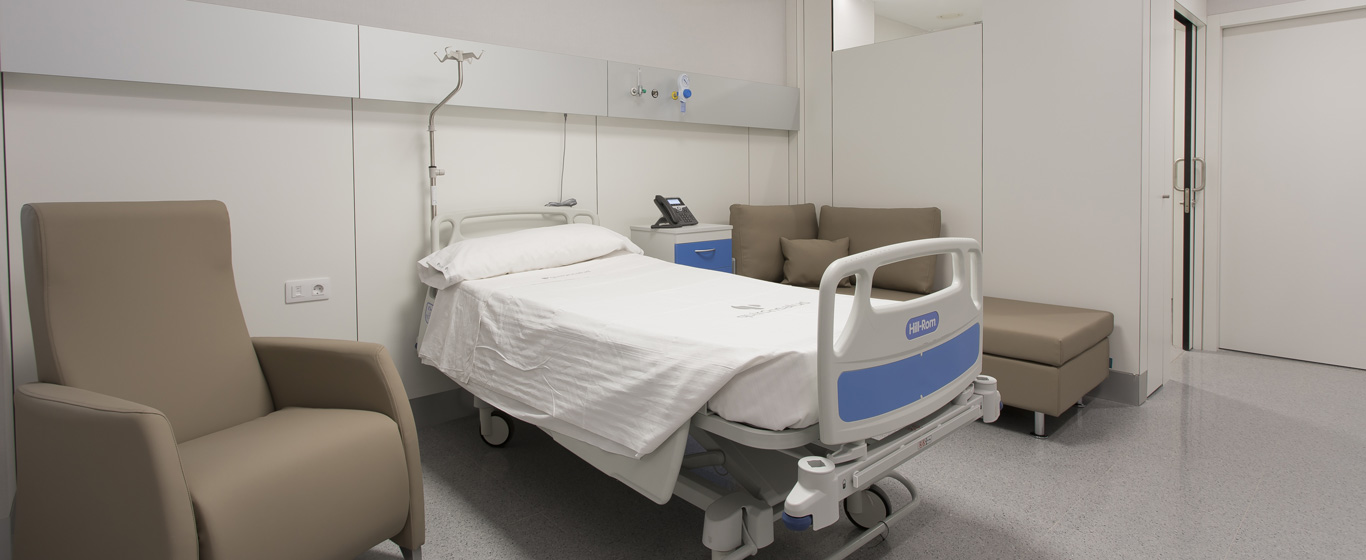Dementia
What does a person with dementia feel? Information about the causes, symptoms, and treatments of the different types that exist.
Symptoms and Causes
The term dementia is used to refer to various diseases that cause deterioration of memory, personality, and intellect without affecting consciousness. It usually manifests in older adults because these conditions cause nerve cells to be destroyed over time until the brain is affected, thus reducing the ability to process thoughts.
Contrary to what is often believed, dementia is not a natural consequence of aging but the result of specific diseases that gradually destroy nerve cells. For this reason, not all elderly people develop it.
There are many disorders that cause dementia, so they are divided into three broad categories:
- Progressive dementias: These worsen over time, and the damage is irreversible. The most notable are Alzheimer’s disease (the most common), frontotemporal dementia, Lewy body dementia, vascular dementia, and mixed dementia.
- Reversible dementias: The symptoms can disappear when the underlying cause is treated, such as certain metabolic problems, some immune disorders, mechanisms used by the body to fight an infection, nutrient deficiencies, brain tumors, subdural hemorrhage, or hydrocephalus.
- Other diseases related to dementia: The consequences of conditions like Parkinson's disease, Huntington’s disease, or trauma often include some degree of dementia.
According to the World Health Organization (WHO), dementia is currently the seventh leading cause of death worldwide and one of the main factors causing disability in older adults.
Symptoms
Symptoms vary depending on the type of dementia manifested. However, some are common to all types:
- Memory loss
- Disorientation
- Confusion
- Difficulty with communication
- Problems developing spatial skills
- Limited reasoning ability
- Poor control of movements
- Personality changes
- Inappropriate behaviors
- Depression
- Anxiety
Causes
Dementia occurs due to the deterioration of brain nerve cells. This damage may result from other diseases or occur as a primary brain issue. Among these, the following are most notable:
- Degenerative dementias: Caused by abnormal protein deposits in various brain structures. The main types are:
- Alzheimer’s disease: Occurs due to the presence of protein plaques in the brain that damage neurons.
- Frontotemporal dementia: Appears when nerve cells in the frontal and temporal lobes are destroyed.
- Lewy body dementia: Deterioration occurs due to the accumulation of protein globules.
- Vascular dementia: Results from damage to the blood vessels that supply the brain.
- Mixed dementia: A combination of the types described above.
Risk Factors
The main risk factor for dementia is age. Additionally, family history plays a role, as there is a genetic risk, and in a minority of cases, it can be genetically determined.
Other risk factors related to the development of dementia include depression, sedentary lifestyle, excessive alcohol consumption, high blood pressure or cholesterol, diabetes, or inadequate sleep.
Complications
Common complications of dementia include dependence on others for daily tasks, malnutrition, lack of self-care, choking, pneumonia, and, when the disease is advanced, death.
Prevention
Although dementia cannot be prevented, it is recommended to follow certain guidelines that benefit brain activity, such as not smoking, avoiding alcohol, exercising, maintaining a healthy diet rich in vitamins, and keeping the mind active.
What doctor treats dementia?
Neurologists diagnose and determine the most suitable treatments for managing dementia. Other specialists, such as geriatrics, neurophysiology, palliative care experts, or general practitioners, are involved in the treatment process.
Diagnosis
Dementia can be diagnosed by studying symptoms and subjecting the patient to memory, attention, and cognitive ability tests. Additionally, language, reflexes, and balance are often assessed, as well as psychological evaluation.
When the results of these tests suggest dementia, an MRI or CT scan is requested to rule out structural damage (such as tumors, hemorrhages, or strokes).
Treatment
Currently, there is no cure for dementia, but medications are available to manage some symptoms. The most commonly used therapies aim to make life easier for patients and those who live with and care for them. This includes promoting physical activity, social interactions, and psychotherapy sessions.



























































































